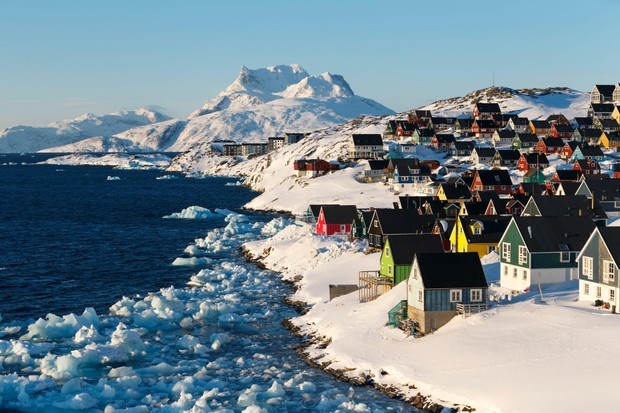After an election earlier this month, Greenland’s Inuit Ataqatigiit (IA) party has announced the formation of a new coalition government, vowing to block the mining of rare-earth minerals.
It is the second time in 40 years that IA has won an election, defeating the Siumut party, who have been in power for all but one government since 1979. This victory presents a challenge for the mining companies of the world, IA having campaigned against a rare-earth mining project in Kvanefjeld.
In government Siumut had supported the mining project, assisting Greenland Minerals in gaining preliminary approval last year. The Australian firm has invested $100 million into preparing the Kvanefjeld mine so far. Chief executive of Greenland Minerals told Reuters that the public hearing on the mine “lacked the normal due process” because of the snap election, creating a “void that was filled with a wave of misinformation.”
Speaking on the victory, lecturer on Arctic affairs at Paris’ HEC business school, Mikaa Mered said “This will without doubt hamper mining development in Greenland. It’s not that Greenlanders don’t want mining, but they don’t want dirty mining.”
Kvanefjeld, in the south of Greenland, is believed to be the world’s second-largest deposit of rare-earth oxides, and the sixth-largest source of uranium. This came to international prominence in 2019 when US President Donald Trump offered to buy Greenland entirely, in attempt to compete with China’s dominance of rare-earth supplies.
The Kvanefjeld project includes useful elements such as neodymium, which can be used in making electric vehicles and wind turbines. Many fear a mine would destabilise Greenland’s fragile environment, especially due to the presence of uranium.
“We have something that money can’t buy,” said new Prime Minister Mute Egede, “We will do everything we can to stop the Kvanefjeld project.” Prime Minister Egede was previously minister of natural resources for a coalition government between 2016 and 2018.
With only 12 of the 31 seats in the Inatsisartut, IA formed a coalition with Naleraq, a Greenlandic independence party.
The government of Greenland has been mostly autonomous since gaining greater power from Denmark in 2009, when IA last led the government, however it cannot act entirely alone. Denmark still provides the island with annual grants, as well as its foreign and security policy.
Speaking in the capital of Nuuk, Prime Minister Egede stated that “We are one people and we must stand together in Greenland, especially because our country is under incredible focus from the outside world.”
Philip English, is a member of the YCL’s Manchester Branch



